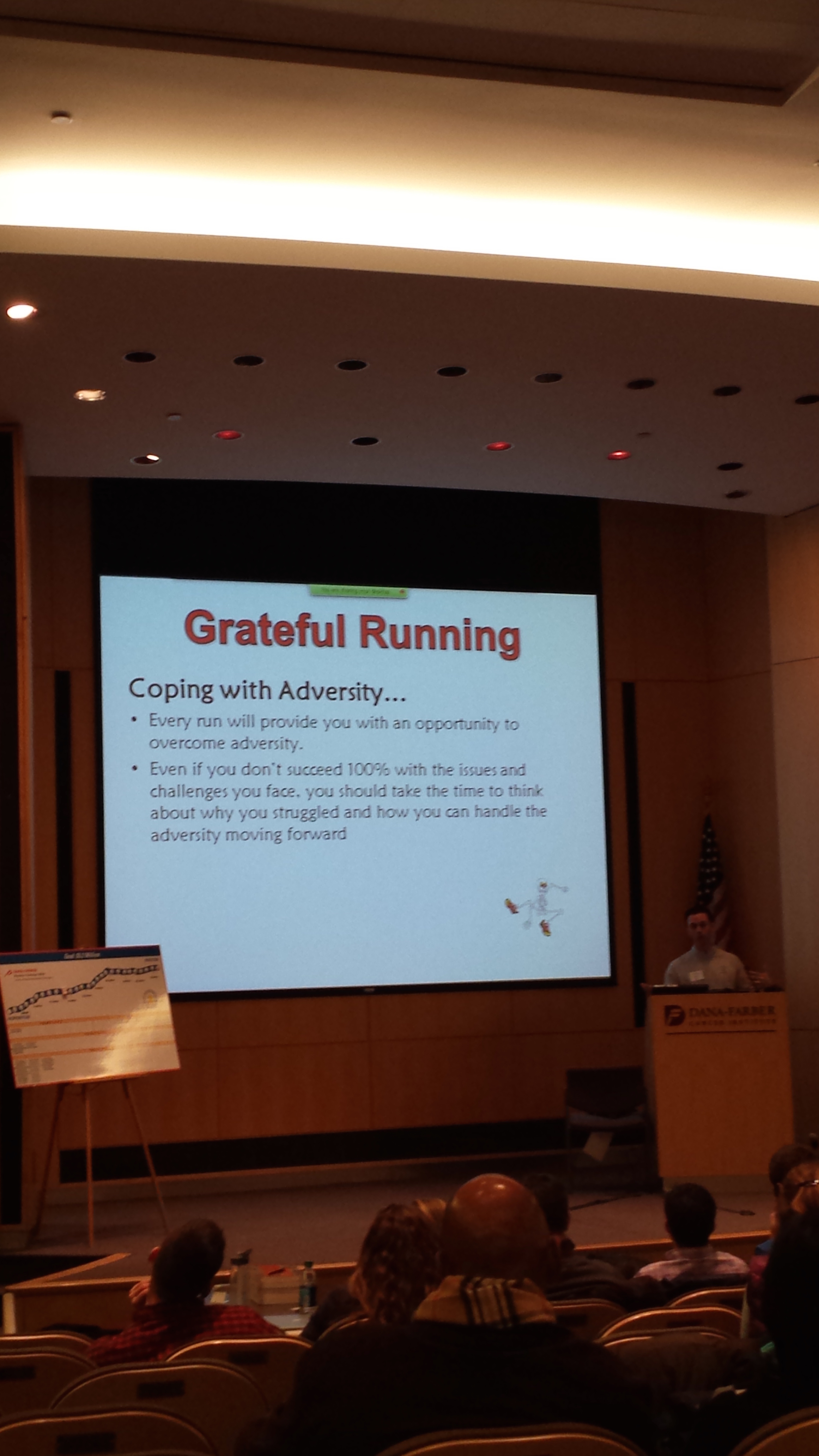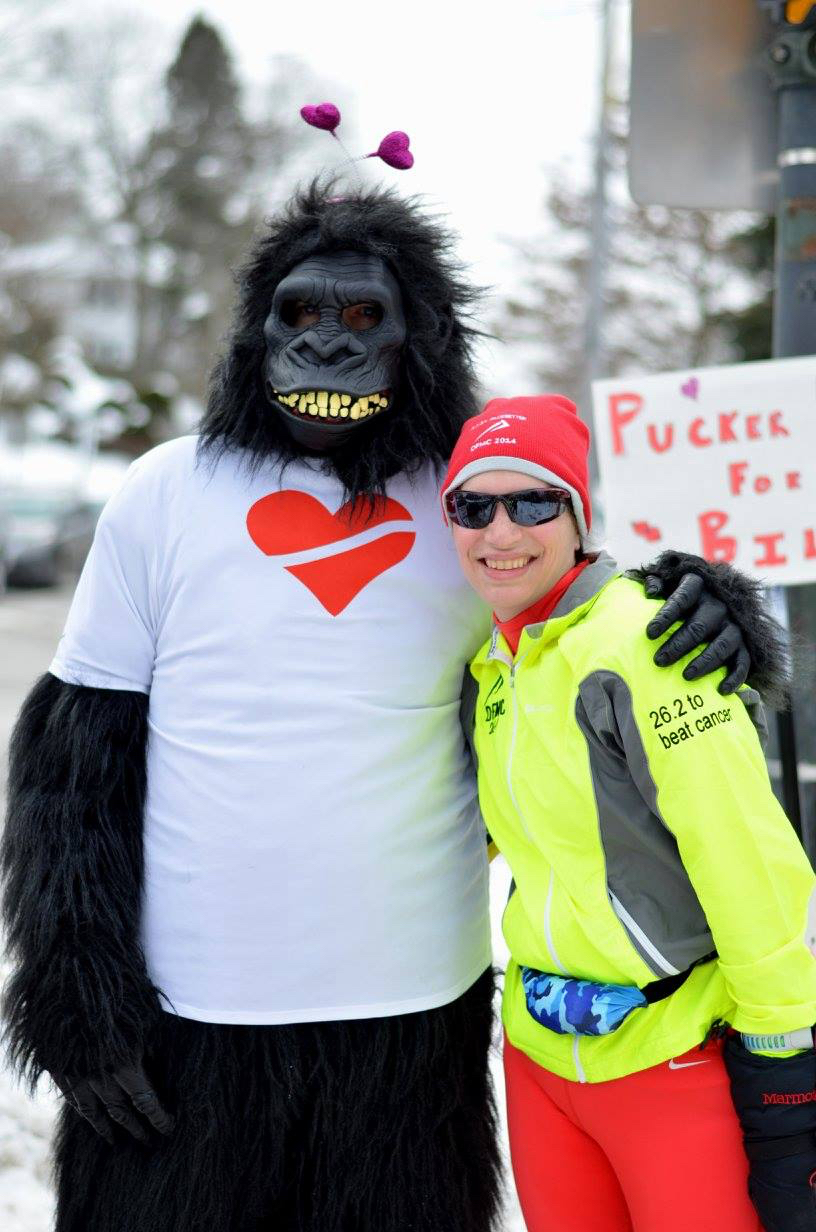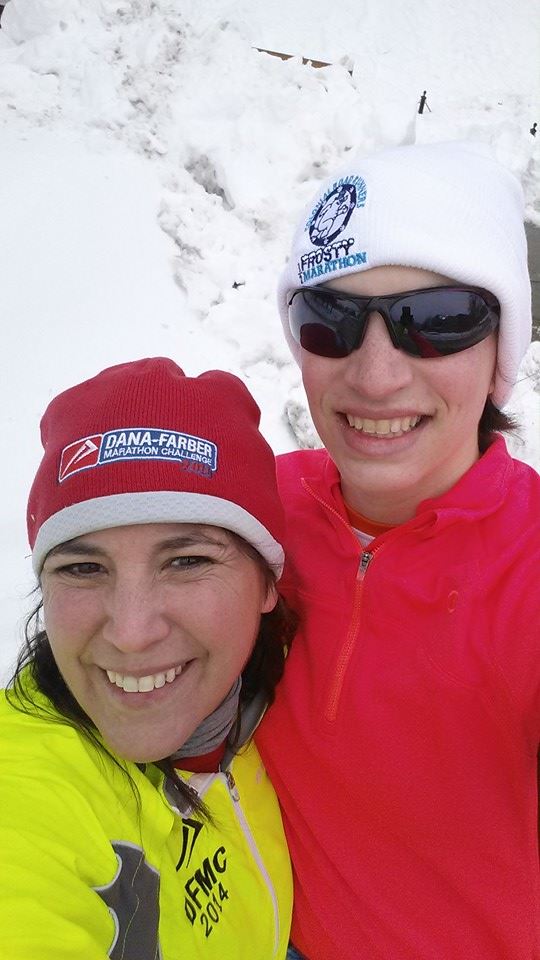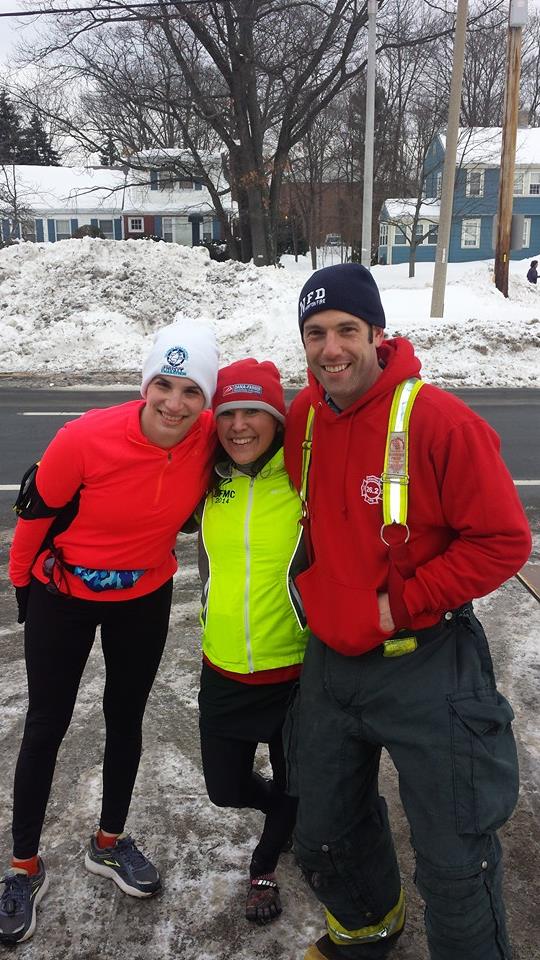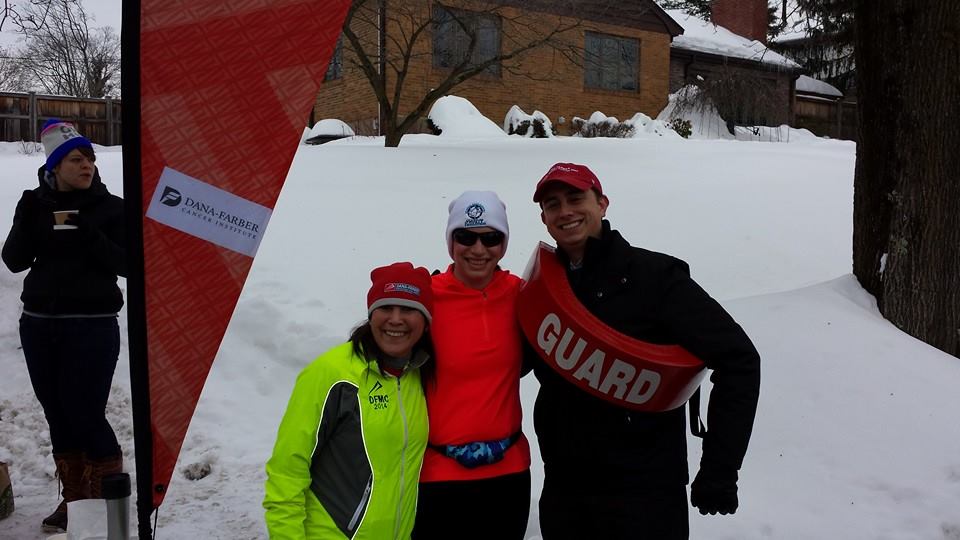Yesterday morning my train that I usually go on to head to the gym before work was cancelled because of issues with the MBTA and the massive amounts of snow. Instead, I went to the gym after work and put in 10.4 miles on the arc trainer. I will put in more miles on Saturday (13 miles or more).
Today’s question is related to staying healthy during the winter season. How do cancer patients stay healthy during the cold winter months?
As the cold weather approaches, concerns about cold and flu season increase along with people’s thermostats. About 30 percent of people in the United States come down with the flu every season, and 200,000 of them are hospitalized because of serious complications such as pneumonia. If you have cancer, you are at risk for the same cold weather problems as other people, but your chances of getting sick are greater because cancer treatments, such as chemotherapy radiation therapy, can weaken your immune system, making it harder for your body to fight infections properly.
Here are a few ways to safeguard your health in cold temperatures.
Studies have found that influenza and cold viruses, as well as stomach flu (gastroenteritis), survive better in cold weather, so the best defense is a good offense: take measures to avoid getting these viruses.
Flu Shot
Cancer patients undergoing treatment and cancer survivors receive an annual influenza vaccine. Talk to your doctor about whether you should get the influenza vaccine.
There are two types of flu vaccines: a needle and a nasal spray. The nasal spray is made from a weakened form of the virus and should not be given to cancer patients.
Cancer patients undergoing treatment and cancer survivors receive an annual flu shot. The needle (“flu shot”) is made from a killed virus, so it cannot make you sick. However, it takes about two weeks for your immune system to develop the antibodies that protect you against the flu. Sometimes when people get a flu shot, they already have been exposed to the flu, but don’t know it yet because they don’t have any telltale symptoms. They get the shot and begin getting flu symptoms in a few days, leading them to think the shot made them sick. However, this is just a coincidence. Because of the way it’s made, the flu shot cannot make you sick.
After you get the flu shot, your arm will probably be a little sore from the injection and you might get a slight fever and feel tired, but that’s just your body building antibodies.
The cold and flu season runs from about October to May in the United States. Therefore, the best time to receive the flu shot is in October or November, but the CDC says that the shot is still good even if you get it later in the season. In the past, people have gotten extra flu shots that protect against various strains of the disease, as seen in recent years with the vaccine against a novel virus called H1N1 (swine flu). Because the normal flu shot does not protect against H1N1, a second shot is required to protect yourself against this strain of the virus.
Your family, friends, and caregivers, including children, should also get the influenza vaccine if you see them frequently, so that they can’t give you the flu.
Unfortunately, the flu shot only protects you from influenza and not the hundreds of viruses that cause colds and stomach flu.
Practice Good Hygiene
A good way to avoid all viruses–influenza, colds, and stomach viruses alike – is to wash your hands frequently. Use soap and warm water and scrub your hands for 15 to 20 seconds (about the time it takes to sing “Happy Birthday” or the alphabet song). Rinse them well and dry them with a paper towel.
Wash your hands after going to the bathroom, touching someone—including after shaking hands—and before you eat. You should also wash your hands before you treat any wound or infected area on your body.
If you don’t have access to soap and water, use a hand sanitizer, but make sure that it contains 60 percent alcohol.
Other easy ways to keep from spreading germs are to cover your nose and mouth with a tissue when you cough or sneeze. If you don’t have a tissue, cough into your arm instead of your hands. Also avoid touching your eyes, nose, or mouth.
If you think you have the flu, see your doctor immediately. Your doctor can prescribe antiviral drugs that shorten flu sickness by a few days, but to be effective, you must begin them within 48 hours of showing symptoms. You should then stay home until you feel better, not only to avoid making your illness worse, but also to avoid spreading the germs.
Take Precautions
Postpone visits with friends and family who are sick until they feel better. Keep a stock of over-the-counter medicines, hand sanitizer, and tissues on hand in case you get sick. Be sure to consult your physician for a list of over-the-counter medications that will not interfere with your treatment.
Besides washing your hands to avoid gastroenteritis, practice good food safety if you are getting or have recently finished cancer treatment. Be extra careful when handling, preparing, and storing food, and wash the counter or surface where you prepare your food with hot soapy water or antibacterial cleanser.
During the winter, it is important to stay hydrated, so remember to drink lots of water and other non-caffeinated beverages like juice.
Avoid Extreme Cold Temperatures
Some medications, conditions, and side effects caused by cancer treatment, such as dehydration, can interfere with your body’s temperature, and people who are less active can have reduced blood flow. In addition, cancer treatments can affect your nerves, making you less sensitive to extreme temperatures. These put you at risk for hypothermia and frost bite.
Hypothermia is abnormally low body temperature. When you are exposed to cold temperatures, your body begins to lose heat faster than it can produce heat. Low body temperature can affect your brain, making it difficult to think and move well. Symptoms in adults are shivering, exhaustion, confusion, fumbling hands, memory loss, and slurred speech.
Frostbite is an injury caused by freezing. The risk of frostbite is increased in people with poor blood circulation and those who are not dressed properly for extremely cold temperatures. Signs of frostbite are a white or grayish-yellow skin area, skin that feels unusually firm or waxy, and numbness.
You can avoid hypothermia and frost bite by spending less time outside when the temperatures are near freezing or if there are high winds or rain. If you do go outside, dress in layers and always wear gloves or mittens and a scarf. Always wear a hat that covers your ears, especially if cancer treatment has caused hair loss. The areas most prone to frost bite are the fingers, toes, and ears.
Sweating is a side effect of some cancer treatments. If you sweat a lot, change your wet clothes and bed sheets often to stay warm and dry. And remember to drink plenty of non-caffeinated fluids.
Radiation therapy and some chemotherapy also affect your bones, so you may be at higher risk of breaking a bone if you fall on the ice. To stay strong, bones need vitamin D and calcium. Sunshine is one of the best sources of vitamin D, and you only need to spend about 10 to 15 minutes outside to get the recommended amount of vitamin D. You can also eat foods that are fortified with vitamin D. Talk to your doctor about taking a vitamin supplement if you don’t think you are getting enough vitamin D.
Take Care of Your Skin
Cancer treatments may make your skin dry, itchy, and cracked, which is worse in the winter because the humidity level drops. Use a moisturizer frequently and if your lips are also dry and cracked, apply lip balm. Use gentle soaps and laundry detergents and avoid long, hot baths and showers. Consider using a humidifier.
Much of what you need to do to protect your health is common sense, but the key is to make these strategies part of your regimen during the winter.

